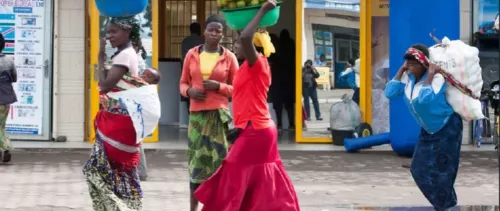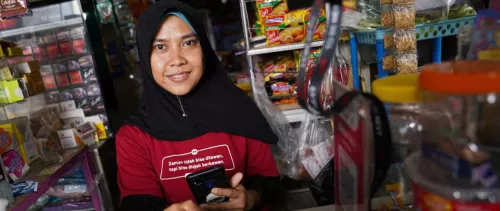
ABIDJAN, December 20, 2022 — The World Bank today approved new financing to boost the expansion and digitalization of the power grid, particularly in underserved regions. The $300 million National Electricity Digitalization and Access (NEDA) operation, a program-for-results (PforR), aims to increase access to electricity at a lower cost for the largest number of citizens, mainly in the northern and western regions of Côte d’Ivoire. This financing supports existing government programs, namely the Electricity for All Program (PEPT), which since 2014 aims to increase access to the grid by helping to finance connection costs, and the National Network Extension Program (PRONEX), which has supported grid extension and densification since 2020 to meet growing demand.
Ultimately, NEDA, including through the PEPT, will connect 1,834,056 persons, more than half of whom are women, to the power grid and cover 20% of Côte d’Ivoire’s new connections, which will be required if the country hopes to achieve universal access to electricity. More than 3,440 kilometers of new climate-resilient distribution lines will supplement the existing network through PRONEX.
NEDA will also help improve the performance of CI-Energies, the national company responsible for overseeing electricity sector activities, by strengthening its digital capacity. The grid will therefore have 184 kilometers of fiber optic cables that will cross the northern part of the country from Ferkéssedougou to Odiénné. In addition, several regional control or distribution centers equipped with remote monitoring and remote control software will be constructed, and smart electronic devices (SEDs) will be installed on medium-voltage lines and substations in the distribution network, all of which will help reduce the average outage time during an incident. NEDA will also help CI-Energies strengthen the cybersecurity of the network in response to new emerging risks.
“Côte d'Ivoire has been making significant investments in the electricity sector for several decades with a view to providing the population and businesses with universal access to reliable and affordable electricity services. Continued investment is critical to supporting the structural transformation of the economy and the emergence of transformative activities across the country,” said Coralie Gevers, World Bank Country Director for Côte d’Ivoire, Benin, Guinea, and Togo. “Expanding grid access and digitalizing CI-Energies’ services will contribute to this objective.”
NEDA is aligned with the Ivorian government’s National Development Plan (NDP) for the period 2021–2025, which seeks to accelerate the pace of the economy’s structural transformation, foster more inclusive development, promote human capital development, and move toward more effective and participatory governance. It supports the World Bank Group’s Digital Economy for Africa (DE4A) initiative, which contributes to the implementation of the African Union’s Digital Transformation Strategy, which aims to ensure that every African individual, business, and government will be digitally enabled by 2030.


